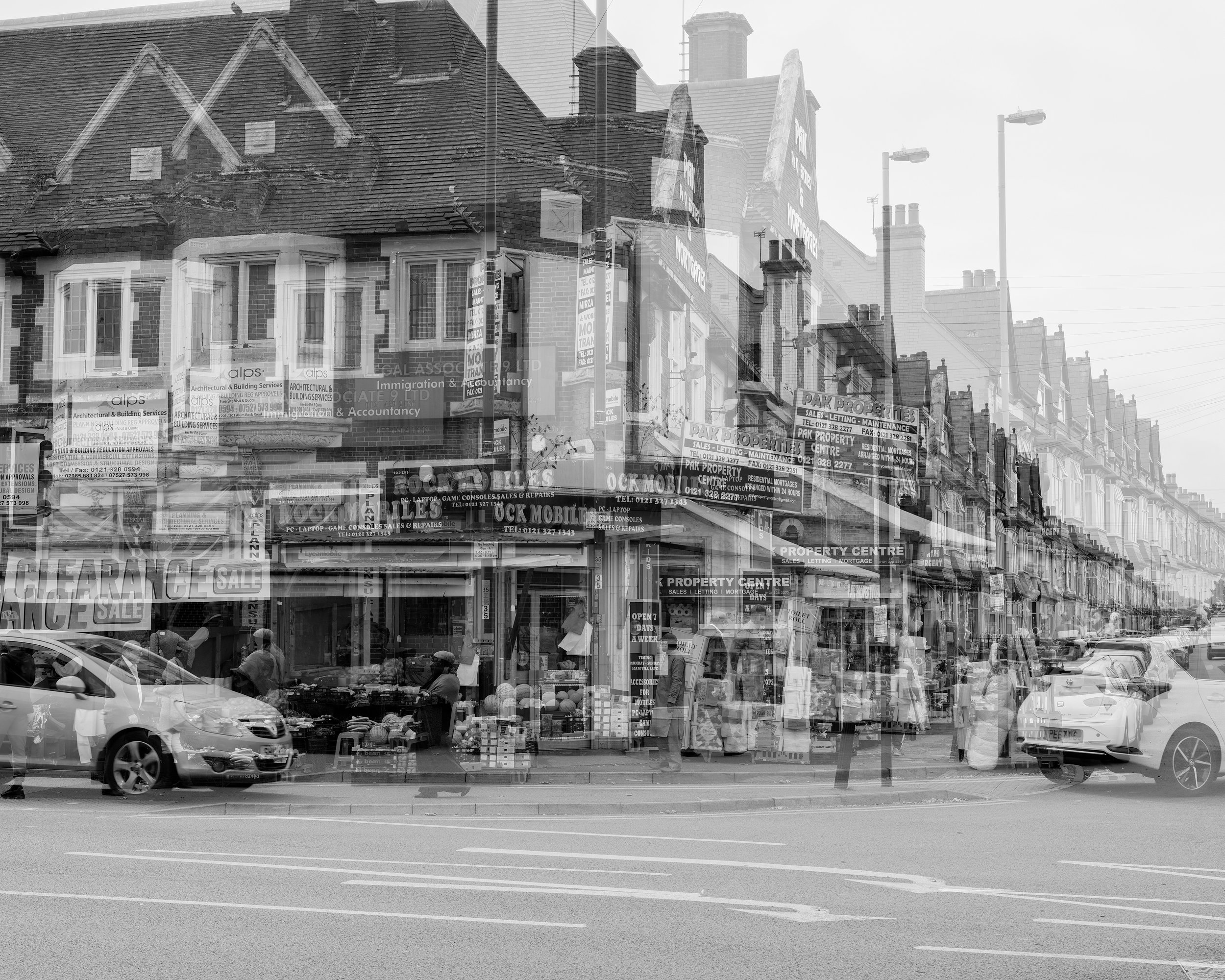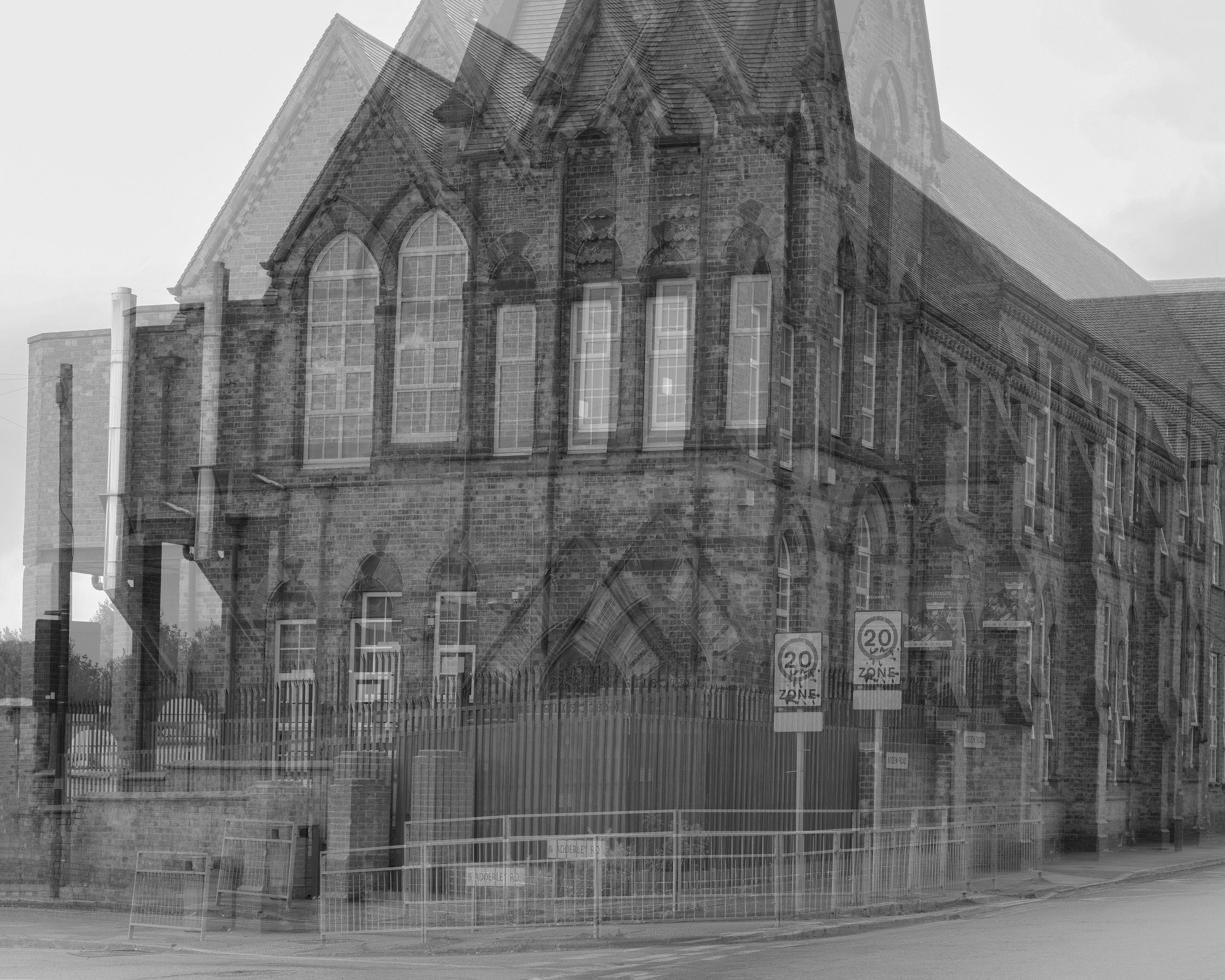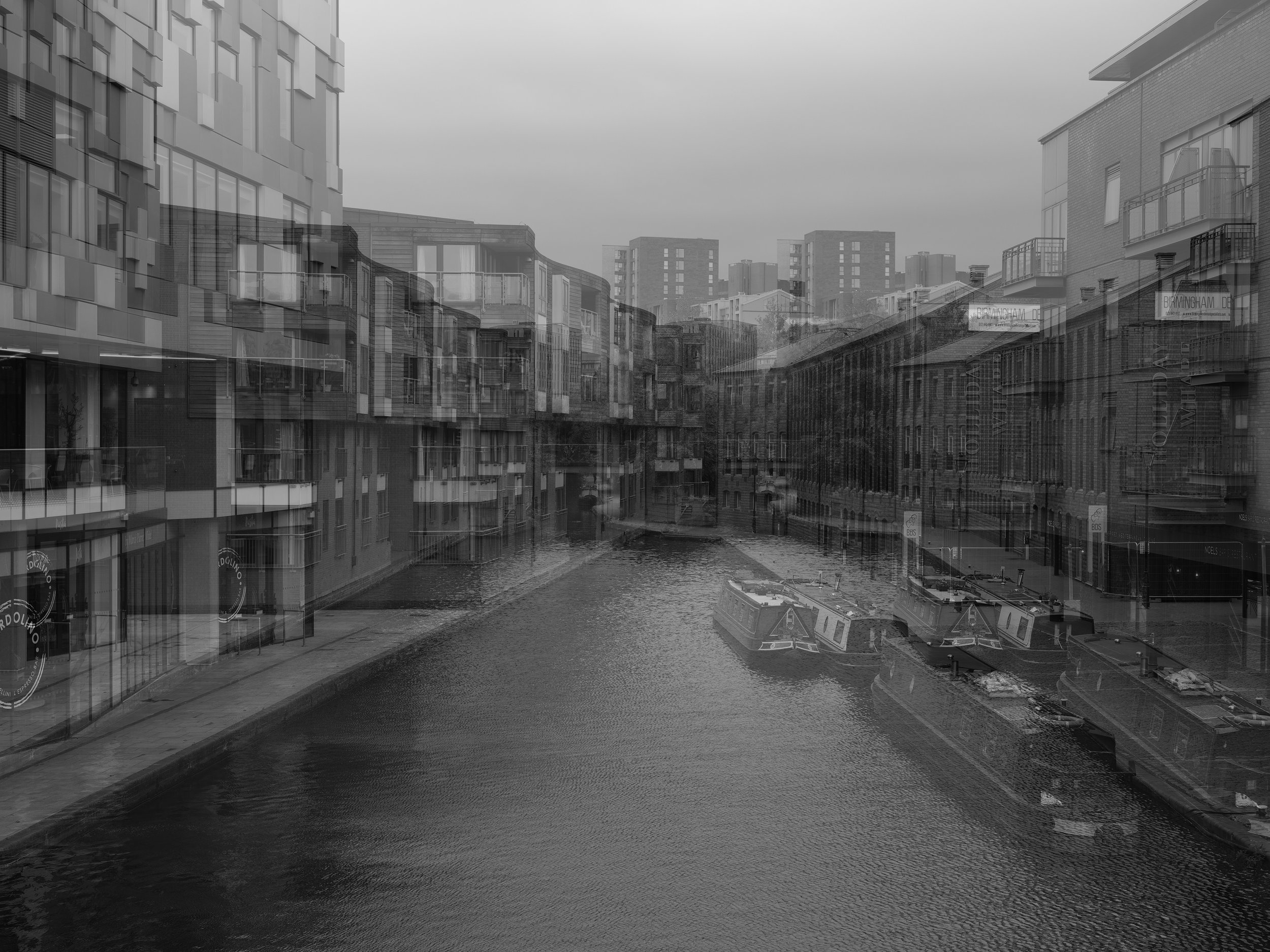
Trojan Horse Affair / NYT X Serial Podcast
Why Claiming British Identity Is Complicated
A scandal in 2014, known as the Trojan Horse affair, exposed what it’s like living in Britain as a British Pakistani.
Words by Aina J. Khan, Photographs by Kalpesh Lathigra

This article was produced in collaboration with a new podcast from Serial and The New York Times. “The Trojan Horse Affair,” an eight-part mystery, investigates a strange letter that transformed Britain — and the lives of many British Muslims.
We asked three writers based in Britain to explore the complexities of the British Pakistani identity in 2022. Full episodes and article on The New York Times.



The first generation of British Pakistanis played a critical role in salvaging the country’s moth-eaten economy in the postwar period, filling labor demands in northern industrial cities and towns across Britain. In the 1960s, another wave of immigrants arrived, after a hydroelectric dam flooded in the Pakistani-controlled area of Kashmir, and displaced thousands of people. In the same decade, Pakistani doctors were instrumental in filling a staffing crisis in the National Health Service, a service they continue to provide today.
Seventy-five years after Partition, British Pakistanis have both flourished and struggled. A majority are Muslim, around 90 percent who live in England and Wales, but there is a great variation in ethnicity, religious denomination, class, regional affiliation within Britain and politics.
Baroness Sayeeda Warsi made history in 2010 when she became the first Muslim of Pakistani descent to serve in the British cabinet. “As a community, we are politically pioneering and have been at the forefront of much of the framing of the identity of British Muslims,” she said.



But the aftermath of Sept. 11 and the War on Terror opened a Pandora’s box for British Muslims, of whom 38 percent were British Pakistani in 2011. Islamophobic incidents surged across Europe and increased in Britain after Brexit, the 2017 Manchester Arena bombing and the 2019 Christchurch shootings. The Trojan Horse affair further cast the wider British Muslim community as an “enemy within,” stirring public hysteria and reactionary new policies on counter-extremism and deradicalization in the name of promoting “fundamental British values” in schools.
“In the social imagination of the U.K., the ‘Muslim’ has often been Pakistani due to media coverage and political rhetoric,” said Suhaiymah Manzoor-Khan, the author of “Tangled in Terror: Uprooting Islamophobia.” Referencing the London transport bombings of July 2005, she added: “After 7/7, which many refer to as Britain’s 9/11, three of the men involved were Pakistanis from Leeds. That concretized the idea that violence — particularly violence labeled ‘terrorism’ — comes from something inherent in the Muslim.”

